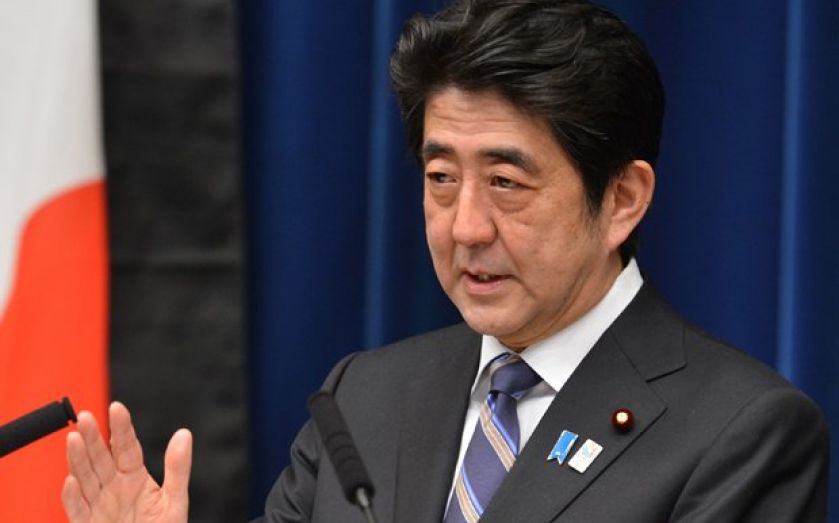Shinzo Abe’s snap elections: Can they save Japan’s flagging economy?

Mark Williams, chief Asia economist at Capital Economics, says Yes.
The lustre has come off Abenomics and its three arrows of fiscal, monetary and structural reform. The decision to postpone the sales tax hike that had long been scheduled for next year puts a huge dent in the government’s goal of eliminating the budget deficit by 2020. The Bank of Japan changed tack at the end of October, effectively acknowledging that its efforts to hit the inflation target have failed.
It may be wishful thinking to believe that an election will make a difference. While the government will almost certainly retain its majority, the constraints on policy, such as the unpopularity of many needed structural reforms, will remain. But Prime Minister Shinzo Abe is surely under no illusions now that he needs to be bolder to have any hope of success.
If he can make a case, and seek a mandate, to tackle the challenges Japan faces, the election could yet prove a turning point.
Clare Howarth, lead Asia Pacific economist at Oxford Economics, says No.
The election is a smokescreen that won’t disguise Japan’s economic woes for long. The economy has wrestled with deflation for over a decade, and it unexpectedly returned to recession in the third quarter of this year.
Almost as surprising was the Bank of Japan’s extension of quantitative easing – its programme now looks set to last most of the rest of this decade, and will far exceed the Fed’s as a share of GDP.
While this should finally see the end of deflation, the Bank of Japan will struggle to reach its 2 per cent inflation target. And while postponing the second VAT tax hike until 2017 may be salt flung into the ring before the election, it is unlikely to bring much luck.
The economy should recover for a while, growing close to 2 per cent by 2016. But the eventual tax rise will push growth back to just 0.5 per cent by 2018. The election could leave Shinzo Abe with a smaller majority and the failure of Abenomics.